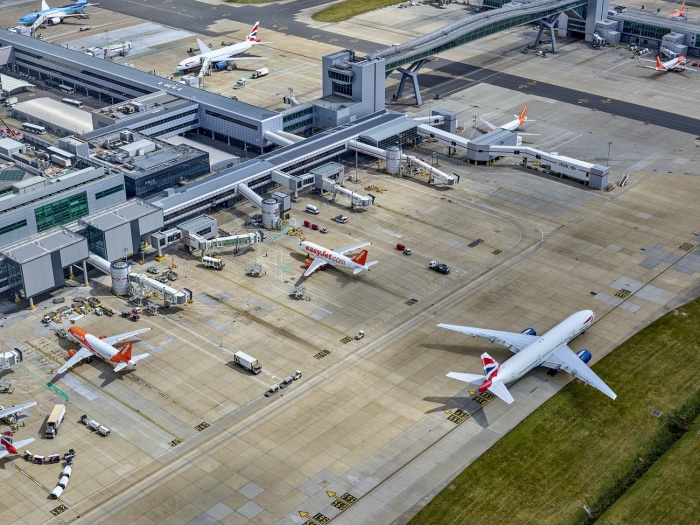
Government to maintain slot alleviation rules over summer
The government has laid regulations before parliament that will extend the airport slots rules alleviation for the upcoming summer season.
Officials said the measures are designed to support the aviation industry as demand for international travel returns.
Airlines will need to use their slots 70 per cent of the time in order to keep them, but will also benefit from added flexibility over when they are justified not to use them, for example, where a market is “substantively closed”.
If this alleviation was not provided, the usage threshold would default back to 80:20 with no additional flexibility on justified non-use, increasing the risk of ghost flights.
Following a period of consultation with the sector, the extension of alleviation from slots rules will further support its recovery from the Covid-19 pandemic as air travel returns to normal levels, a statement said.
The list of situations where airlines can claim justification for not using their slots is being widened further.
ADVERTISEMENT
As in the current winter season, this will cover situations where Covid-19 related restrictions at either end of a route result in severe reduction in demand.
However, for the summer 2022 season, it will no longer be necessary for the airline to show that the measures were unforeseeable.
This means airlines will not need to make the choice between running environmentally damaging ghost flights and losing their historic slot rights where markets remain closed as a result of Covid-19 restrictions, while also protecting long-term connectivity.
For example, airlines would be able to apply for this measure if a country requires hotel quarantine or closes hotels or restaurants as a result of Covid-19.
In such circumstances, the regulations allow the airline to keep their historic rights to the slots even if passenger demand does not justify operating the flight.
Transport secretary, Grant Shapps, said: “Leaving the EU has allowed us to take back control of our airport slots rules, giving us greater flexibility to balance the needs of our magnificent aviation industry as it faces up to the pandemic.”
Airspace
Also today, the government has committed an extra £3.7 million to support the modernisation of airspace over the UK for the first time since the 1950s.
The new funding brings the total to £9.2 million, after an initial investment in March.
The money is designed to support airports to develop new, more efficient flight routes that make use of modern technology, such as performance-based navigation, which will enable aircraft to fly more precise routes.
The airport sponsors of the programme will resume responsibility for funding future stages, as the sector continues its recovery.
Airspace is made up of a complex network of flight paths that have seen little development since they were designed 70 years ago.
This has led to increased flight delays, noise and pollution.
Without action, the congested airspace could have meant that passengers would have seen 30-minute delays on one in three flights by 2030.

